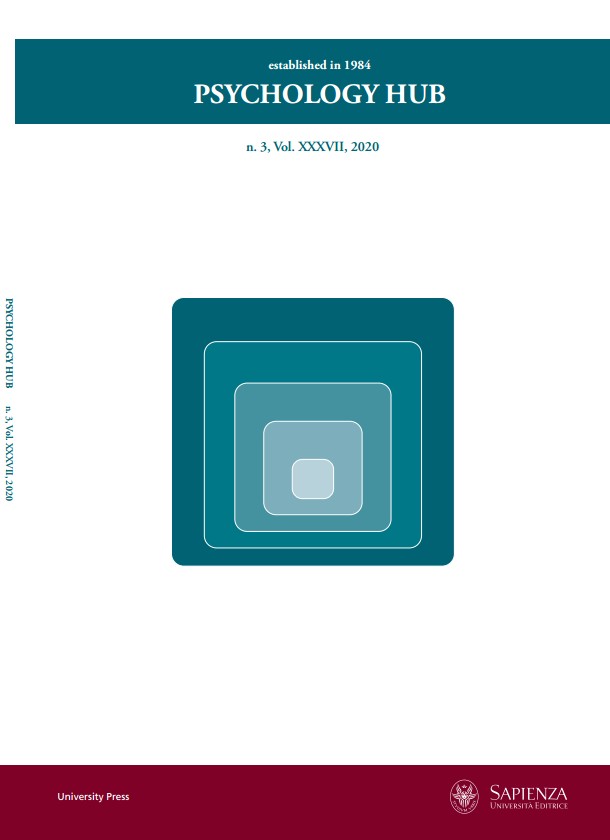Attachment style and emotion regulation: the modulatory role of A118G polymorphism
DOI:
https://doi.org/10.13133/2724-2943/17228Keywords:
attachment style, emotion regulation, A118G polymorphism, clinical psychologyAbstract
Emotion regulation (ER) refers to the process by which one can regulate his/her own and other’s emotions and is pivotal for both social functioning and emotional well-being. During infancy, the attachment relationship serves as a context within which a child develops emotional and social abilities. The tight link between attachment and emotion regulation is sustained by evidence showing that the diverse attachment styles are associated with different emotion regulation strategies. Despite this relation has been widely reported, the biological modulatory factors of such a link are still unknown. In this context, one potential candidate is the the μ-opioid receptor 1 gene (OPRM1). The A118G single nucleotide polymorphism (snp) in this gene has been indeed described as modulating the sensitivity to social rejection and the capability of experiencing pleasure from social and affective relationships. Here, we hypothesize that the A118G snp modulates the impact of the attachment style on emotion regulation.
Methods. We investigated this issue in a sample of 87 young adult individuals by a pilot study. Within this group, attachment style and ER were respectively evaluated by the Relationship Questionnaire and the Difficulties in Emotion Regulation Scale. Saliva DNA samples were collected and then genotyped for A118G snp. Results. A118G snp modulates the effect of the attachment style on ER. Specifically, G-allele carriers with insecure attachment showed significantly higher DERS total and Goals scores. This effect was absent in the A-allele carriers. G-allele carriers with insecure attachment showed the highest value among the four groups, whereas the G-allele carriers with secure attachment showed the lowest value among them in all these scales. Conclusions. This pilot study offers new insight on the factors that can shape emotional development, shedding light on the putative role of the opioid system in modulating the developmental trajectories of ER in relation to the attachment style
Published
How to Cite
Issue
Section
License
Copyright (c) 2020 Psychology Hub

This work is licensed under a Creative Commons Attribution-NonCommercial-ShareAlike 4.0 International License.





